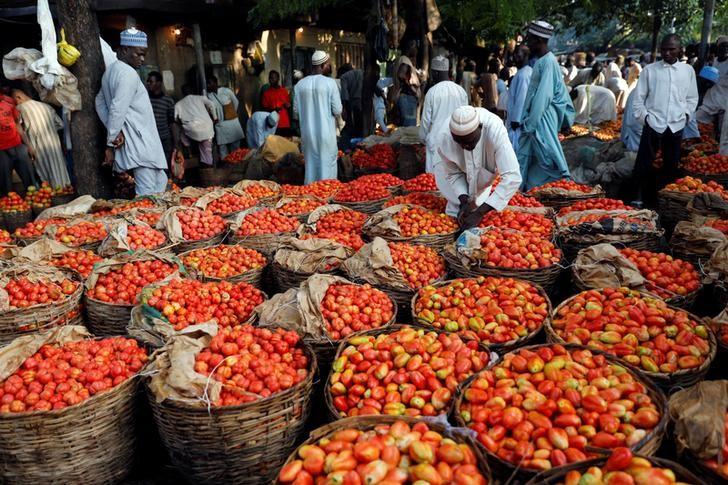Efforts by Nigeria’s fiscal and monetary authorities at taming the raging inflationary pressure across the country seems insufficient so far, as the nation’s Consumer Price Index (CPI) for the month of February surged further by 180 basis points to 31.70% year-on-year from January’s 29.90%.
This is higher than the projections by analysts at Cordros Capital (31.20% y/y) and Bloomberg’s median consensus (31.30% y/y), as prices of basic food items soared higher still, following which food inflation raised towards 40%, rising by 251bps to 37.92% yoy, from 35.41% in January.
Core inflation (All items less farm produce and energy) leaped by 154bps to 25.13% from 23.59% in January, amid the twin evil of the impact of Naira devaluation and removal of subsidy on premium motor spirits that have driven the cost of transportation to astronomic levels, made worse by the unrelenting insecurity that has kept farmers from their farms leading to a near food crisis.
“On a year-on-year basis, the headline inflation rate was 9.79% points higher compared to the rate recorded in February 2023, which was 21.91%. This shows that the headline inflation rate (year-on-year basis) increased in the month of February 2024 when compared to the same month in the preceding year (i.e., February 2023),” according to the report published by the country’s National Bureau of Statistics (NBS).
Urban inflation in the period under review rose the most, pacing 10.87% up to 33.66%, compared to the 22.78% recorded in February 2023; while rural inflation in February 2024 was 29.99% on a yoy basis, representing 8.89% rise compared to the 21.10% recorded in February 2023.
Across the states, all items inflation was highest in Kogi at 37.98%; Oyo, 36.60%; and Bauchi, 35.62%; while it was slowest in Borno, 26.28%; Taraba, 26.72%; and Benue, 27.40%. Food inflation during the period was also highest in Kogi, 46.32%; Rivers, 44.34%; and Kwara, 43.05%; while Bauchi recorded the slowest rise at 31.46%; followed by Plateau, 32.56%; and Taraba, 33.23%.








